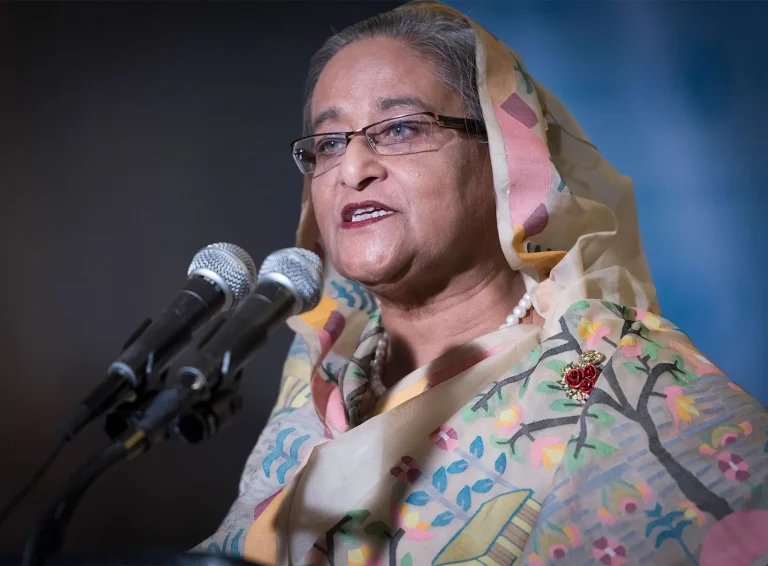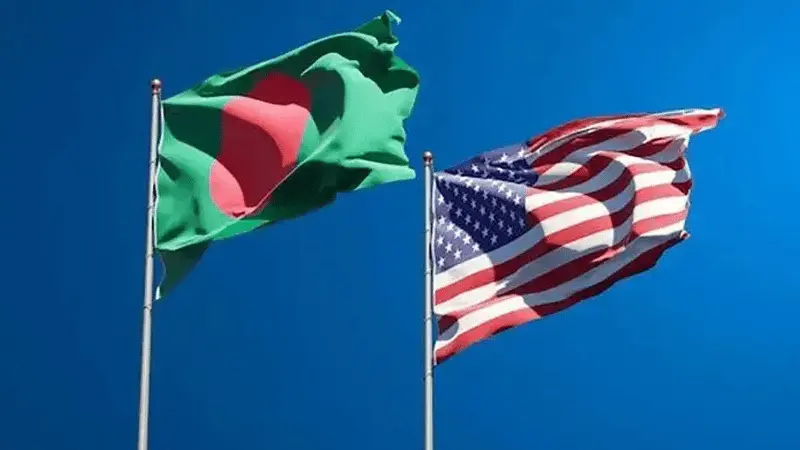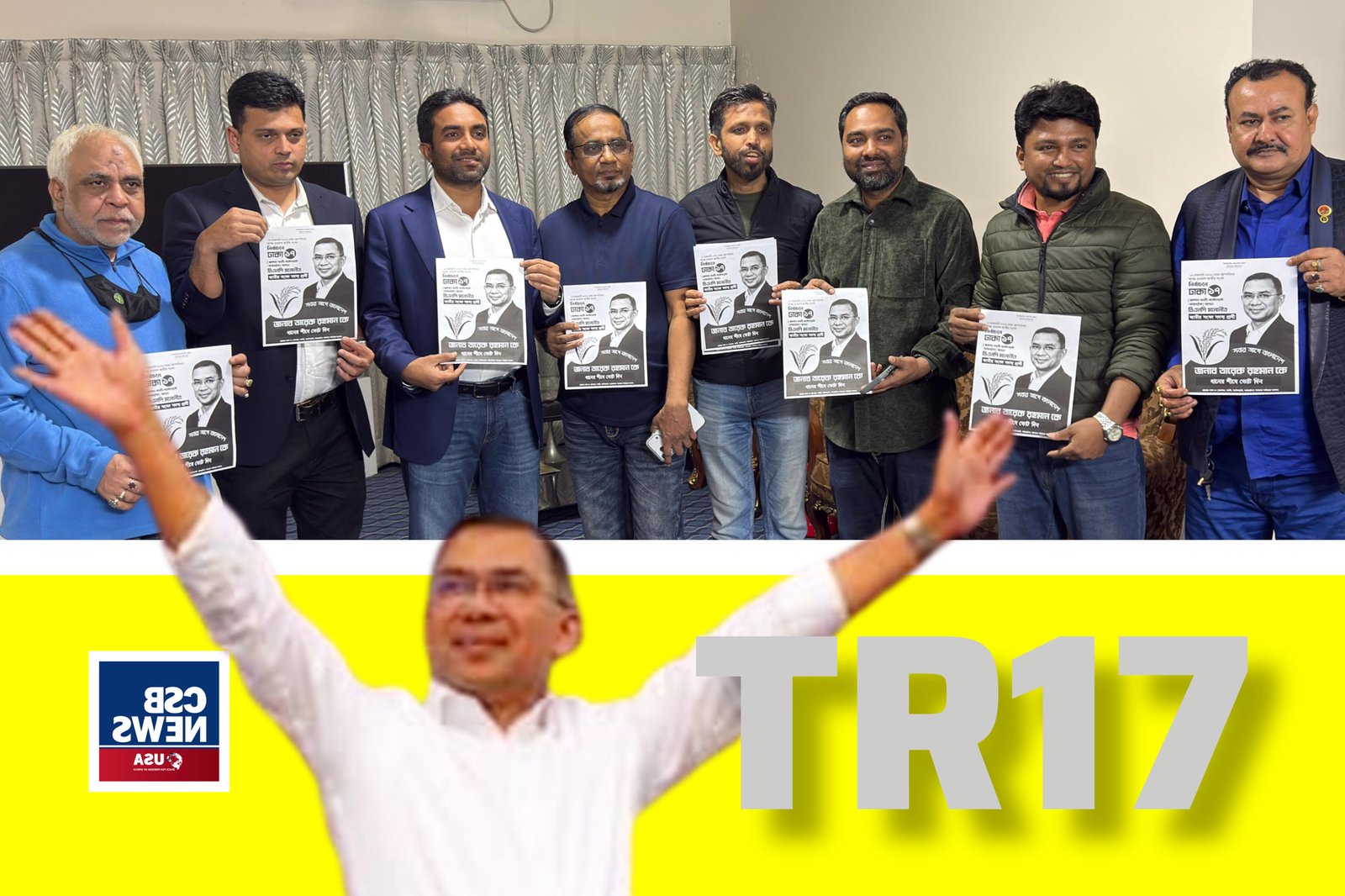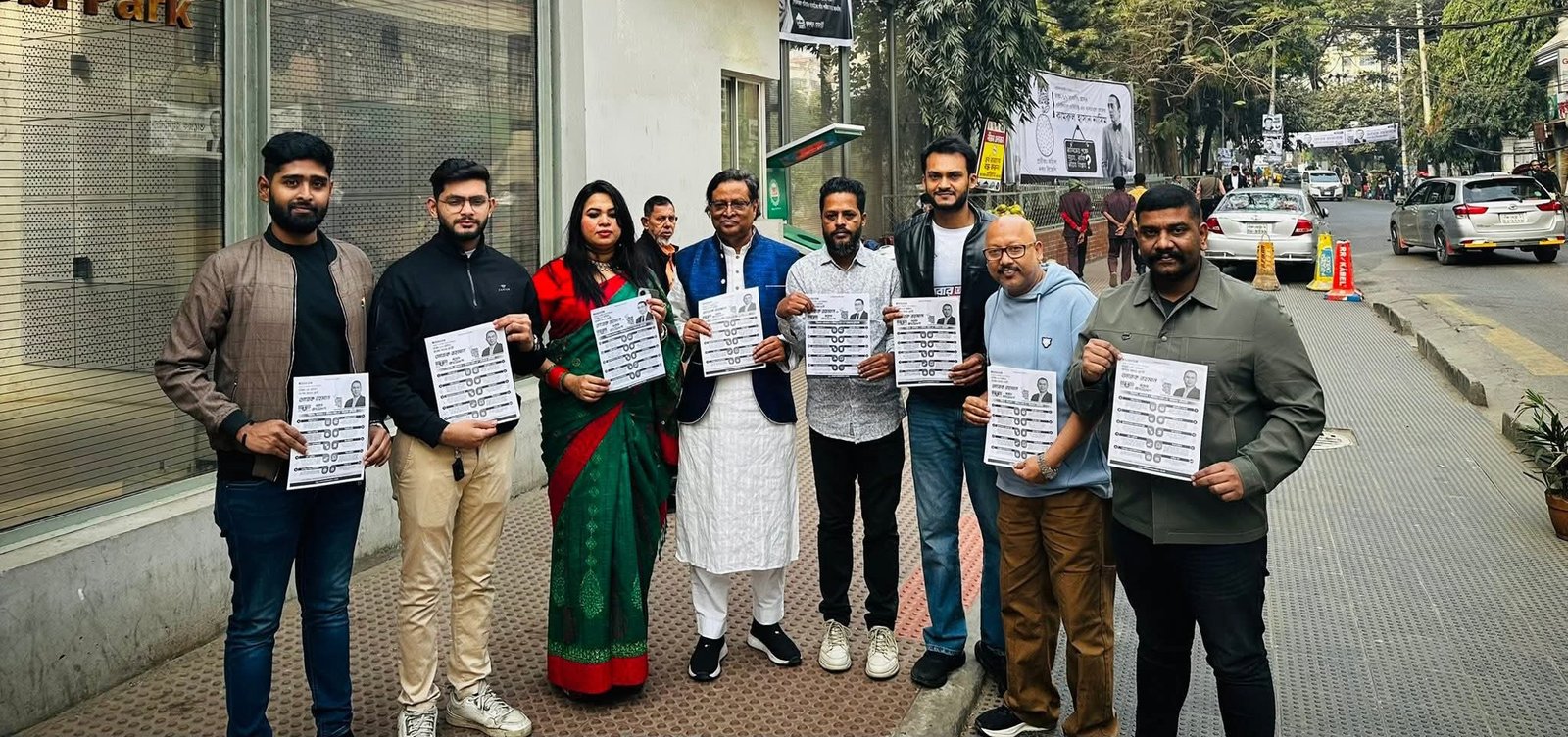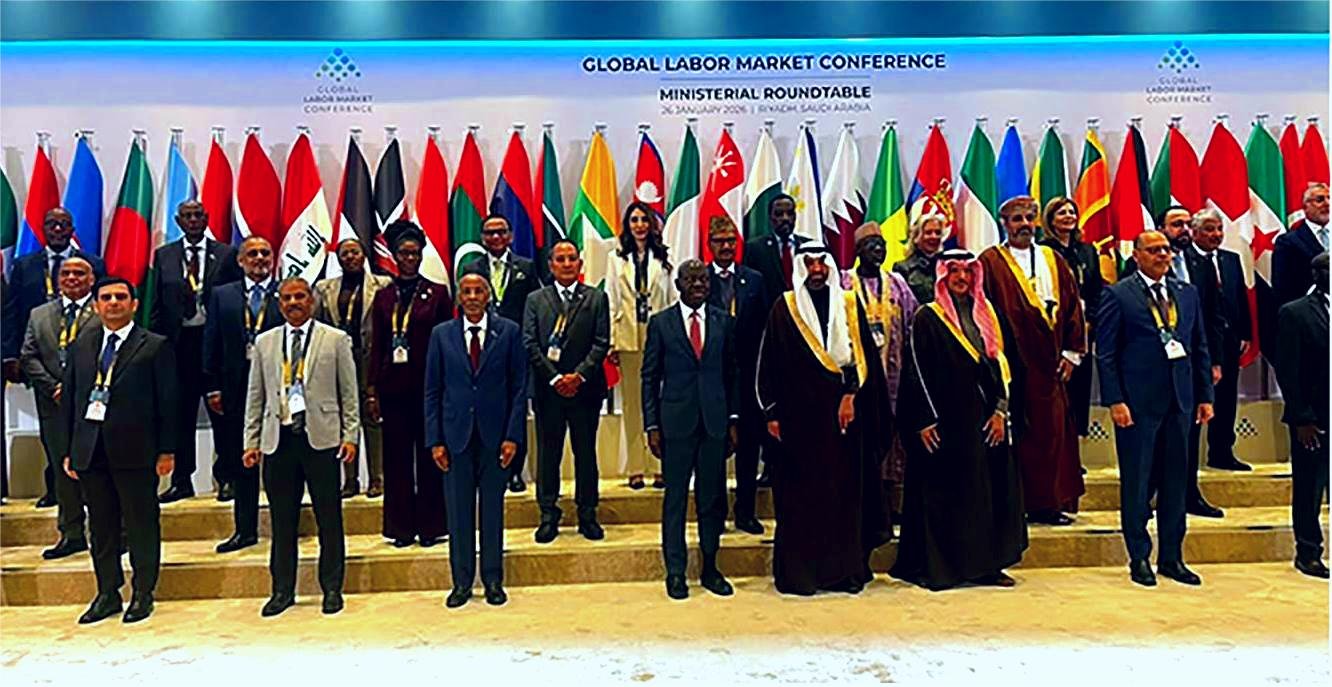Hours after Bangladesh’s ruling Awami League was declared the landslide winner in Sunday’s election, which the opposition had boycotted, Prime Minister Sheikh Hasina hosted a queue of foreign diplomats, each coming to congratulate her.
The envoys of India, the Philippines, Singapore and other nations were there. Also visiting the prime minister were the ambassadors of Russia and China.
In Washington and London, meanwhile, the governments of the United Kingdom and the United States criticised the election as illegitimate. US State Department spokesperson Matthew Miller, in a statement, said that Washington believed the voting process was “not free and fair, and we regret that not all parties participated”. The UK criticised what it described as “acts of intimidation and violence” during the election.
Bangladesh’s response? “We’re not bothered,” foreign minister AK Abdul Momen said on Tuesday, when asked about the comments from the US and the UK.
That contrast between the West’s condemnation and the welcoming embrace of China and Russia is a window into potentially dramatic foreign policy consequences of Hasina’s return to power, say political analysts and economists. For the West, Hasina’s increasing ties with China and Russia, on top of Bangladesh’s rejection of its concerns over the election, could poison ties with Dhaka. But that in turn could end up pushing Dhaka even closer to Beijing and Moscow.
Dhaka-based political analyst Zahed Ur Rahman said he believes there is a likelihood of the US imposing visa restrictions and targeted sanctions against individuals who played key roles in the conduct of the election, which independent monitors have criticised for violence and intimidation against the ruling party’s political opponents. In August, the US had declared a first set of constraints on visas for some Bangladeshi officials.
But doing so, he said, could jeopardise US plans to rope Bangladesh into its strategy to balance the rise of China, especially with the deepening economic ties between Dhaka and Beijing. China has been Bangladesh’s top trading partner for more than a decade – a period during which Hasina has ruled uninterrupted.
“The new government will find it very challenging to work deeply with the US’s Indo-Pacific strategy that actually is a policy to contain China,” Rahman said.
Russia, meanwhile, has supported Bangladesh in opening the country’s first nuclear power plant. Dhaka received the first supply of uranium from Moscow in October. Russia is also a major supplier of three essential commodities – fuel, food grains and fertilisers – to Bangladesh at relatively affordable prices. “If the West led by the US goes very coercive with the new government, then Bangladesh ties with Russia will grow fast,” Rahman said.
That geopolitical calculus poses challenges for the West, said experts. It will be difficult for the US and its allies to go about business as usual with Bangladesh. But it is unclear how far they might go in trying to hurt Hasina’s government.


